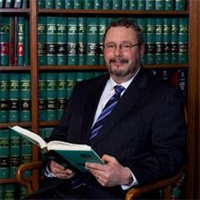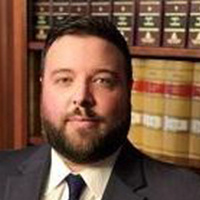Lakeville Felony Lawyer, Connecticut
Sponsored Law Firm
-
 x
x

Click For More Info:
-
Andrew M Amendola, Attorney at Law
591 Thompson Avenue East Haven, CT 06512» view mapAccident & Injury, Criminal, Estate, Real Estate Where Every Client Matters
Let Andrew M Amendola, Attorney at Law handle all your legal needs today@
800-942-4780
Not enough matches for Lakeville Felony lawyer.
Below are all Lakeville Criminal lawyers.
Steven Howard Levy
✓ VERIFIEDDivorce & Family Law, Criminal, Personal Injury, Wills & Probate, Real Estate
Attorney Levy earned his B.A. from the State University of New York at Buffalo, and his J.D. from Antioch School of Law. He was admitted to the Connec... (more)
Robert A Salerno
✓ VERIFIEDCriminal, Workers' Compensation, Personal Injury, Divorce & Family Law, Wills & Probate
Robert A. Salerno attended Law School and received a B.S. from High Point University in 2005 and his Juris Doctor in 2009 from Touro Law Center. He wa... (more)
William A. Conti
Accident & Injury, Criminal, DUI-DWI, Divorce & Family Law
Status: In Good Standing Licensed: 51 Years
Melissa A Antonio
Divorce & Family Law, Criminal, Motor Vehicle, Divorce
Status: In Good Standing Licensed: 21 Years
Robert A D Andrea
Real Estate, International, Criminal, Accident & Injury
Status: In Good Standing Licensed: 44 Years
Heather Lambert Perreault
Divorce, Misdemeanor, Criminal, Personal Injury
Status: In Good Standing Licensed: 13 Years
Dennis Edward Spector
Real Estate, Intellectual Property, Criminal, Business
Status: In Good Standing Licensed: 32 Years
 Andrew Amendola East Haven, CT
Andrew Amendola East Haven, CT AboutAndrew M Amendola, Attorney at Law
AboutAndrew M Amendola, Attorney at Law


